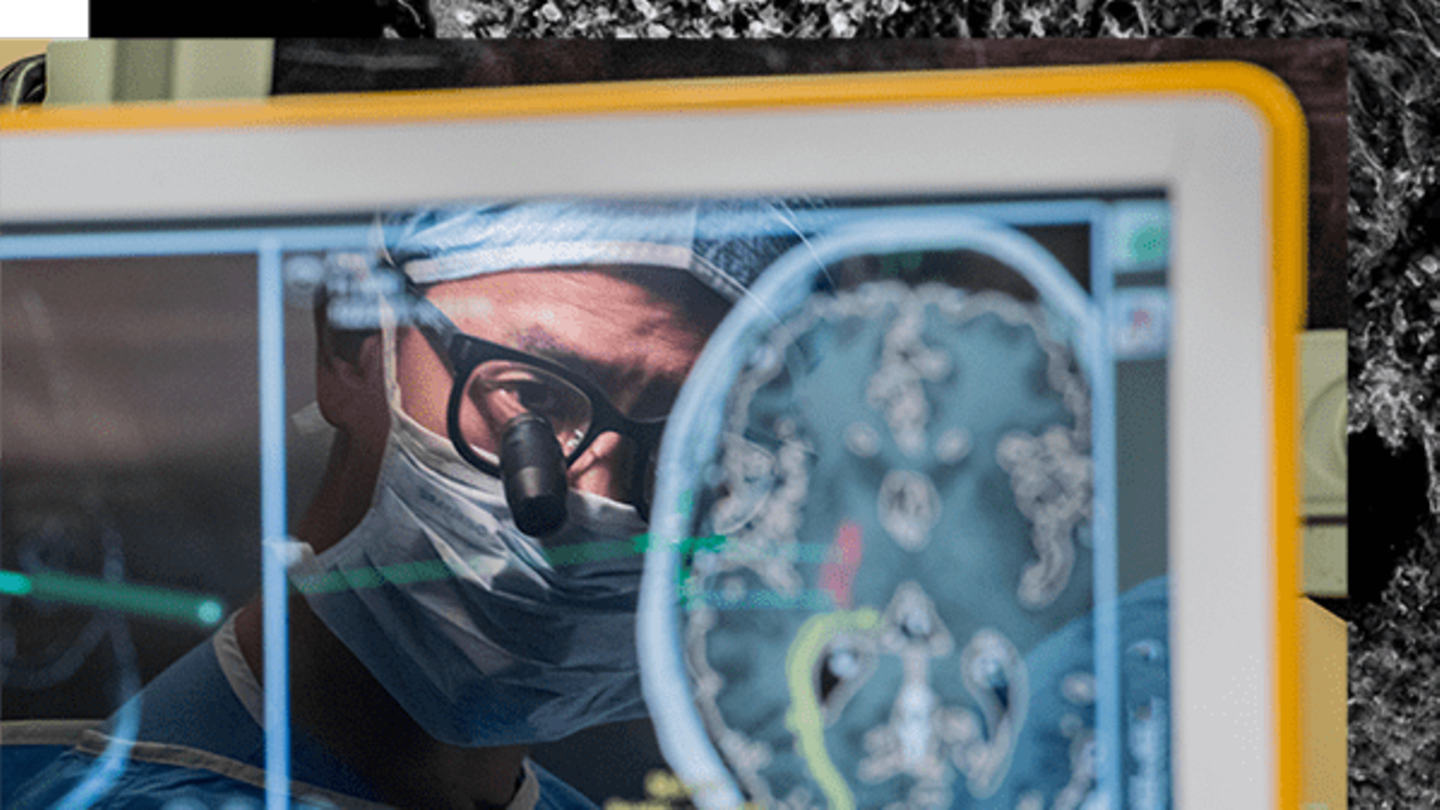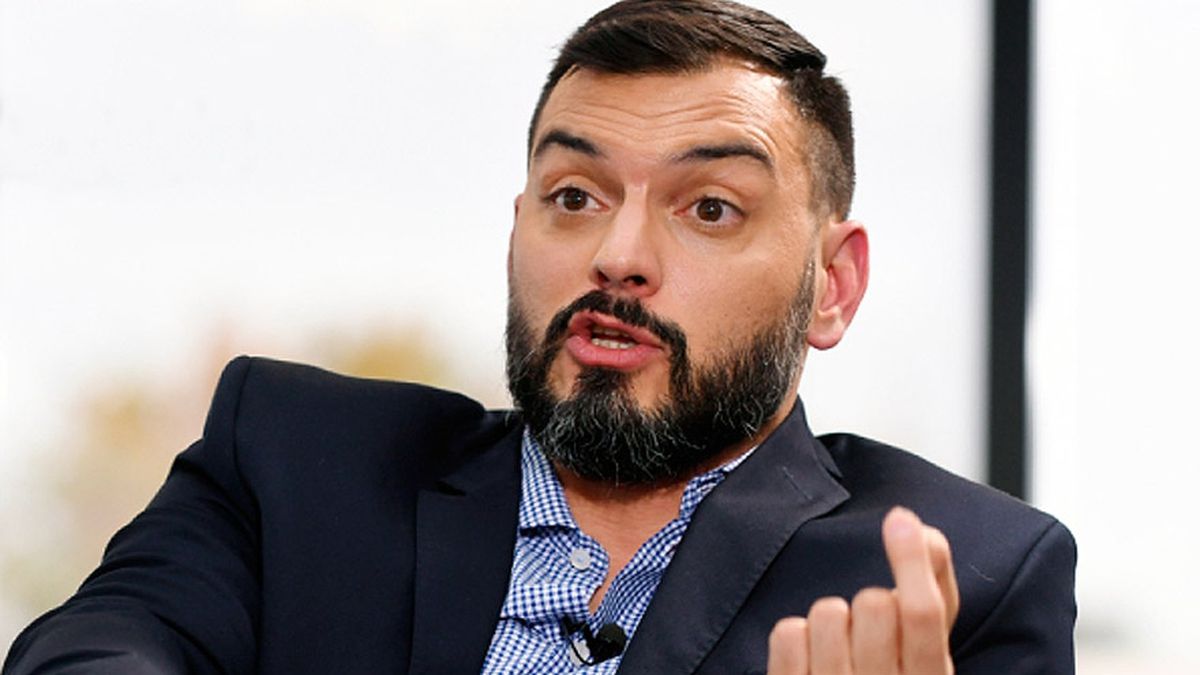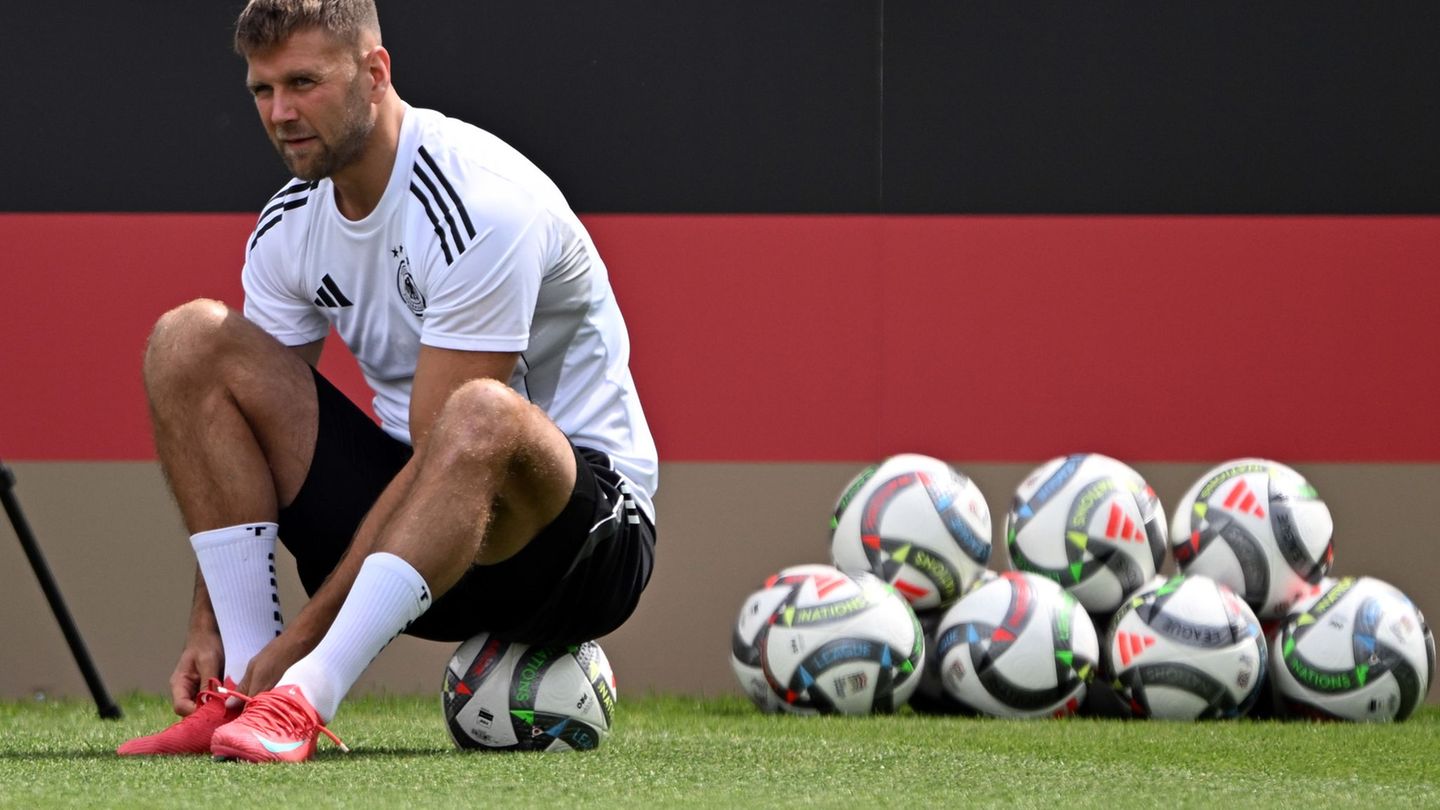Researchers in California have succeeded for the first time in translating the brain waves of a paralyzed person into real sentences on a computer screen. A scientific breakthrough.
A groundbreaking success: According to a recently published study, California researchers have for the first time succeeded in translating the brain waves of a person who cannot speak due to paralysis into words on a computer screen.

According to the authors, the study results, which were published in the “New England Journal of Medicine” on Wednesday, represent an important step on the way to natural communication with people who have lost their ability to speak due to illness or injury.
“Most of us take it for granted how easily we communicate through language,” said Edward Chang, neurosurgeon and project manager at the University of California at San Francisco, according to the Guardian. To this day, paralyzed people who can neither speak nor write have only very limited opportunities to communicate.
Breakthrough thanks to “speech neuroprosthesis”
“BRAVO” is the name of the study that is said to have achieved a breakthrough here. The name stands for “Brain-Computer Interface Restoration of Arm and Voice”. Under the leadership of Chang, the team developed a “speech neuroprosthesis”. The device decodes the brain waves that control the so-called vocal tract – the area that controls the muscle movements of the lips, jaw, tongue and larynx and is therefore responsible for speech.
In advance, the scientists had successfully tested the decoding method on people who could speak. The real challenge, however, was to test the neuroprosthesis on a paralyzed person. “Our models had to learn the association between complex patterns of brain activity and the intended language,” said David Moses, one of the study’s lead authors, according to a statement from the University of California.
The first vocabulary: 50 words = hundreds of sentences
The first participant in the BRAVO study started was a man in his late 30s who lost his ability to speak 15 years ago as a result of a brainstem stroke. The subject was only able to communicate by tapping a pointer attached to a baseball cap on letters on a screen.
First, during a surgical procedure, Chang implanted electrodes on a part of the brain that controls language. In the following months, the team succeeded in having an algorithm recognize 50 words based on the test person’s brain activity. The small vocabulary, consisting of common words such as “water”, “good” or “family”, however, was enough to form hundreds of sentences.
At the beginning, the researchers explicitly asked the man to try certain sentences. Later, the team would have asked him, “How are you today?” and “Would you like some water?” posed. The answers appeared on the screen with an accuracy of 93 percent – also thanks to an implemented auto-correction function. The test person could have said 18 words per minute. Although this is not nearly a regular speaking pace, it is much faster than typing individual letters.
A “groundbreaking demonstration”
It is “the first successful demonstration of the direct decoding of whole words from brain activity,” Chang is quoted in a statement from the University of California. You are only at the beginning of a new chapter. In the future, Chang and Moses want to expand the study to include more participants. In addition, the team is already working on increasing the vocabulary and speed of translation.
In an accompanying editorial in the “New England Journal of Medicine”, Harvard neurologists Leigh Hochberg and Sydney Cash described the work as a “groundbreaking demonstration”. “It is only a matter of years until there is a clinically usable system that enables the restoration of communication,” said Hochberg of the news website “Axios” according to the “New York Times”.
swell: ; “”; “”




